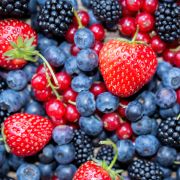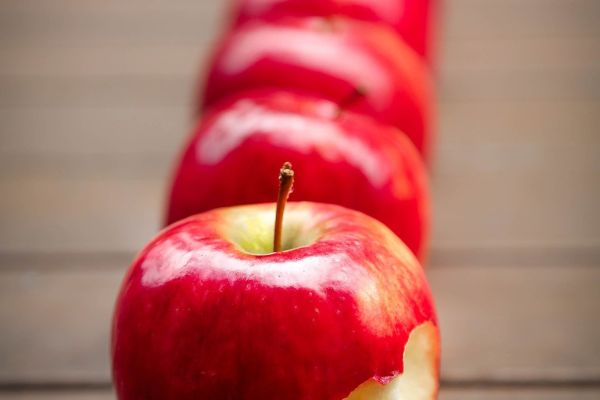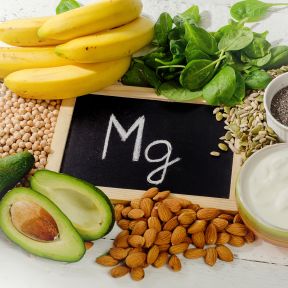
Antioxidant
Oxygen is essential for life, but it also contributes to the formation of free radicals—rogue molecules of oxygen that can destroy cell membranes in the body and speed up the aging process. Free radicals are byproducts of natural body processes such as breathing, digestion, and cellular metabolism, but exposure to sunlight, smoke, and pollution can also abet the accumulation of free radicals in the body.
If not regularly cleared from the system, free radicals can cause cell damage, contribute to the development of many illnesses, and generally promote the premature aging of body systems. Fortunately, bodies can leverage antioxidants, compounds that neutralize free radicals and limit the damage they do to organs.

Antioxidants are natural or man-made substances that protect living organisms from the harmful effects of free radicals. The body naturally produces some antioxidant compounds on its own, while others are obtained through nutrient-rich foods. There are many different antioxidants, and a wide array is needed to combat free radicals. By neutralizing free radicals and preventing cell damage, antioxidants help boost health and bolster immune function.
Antioxidants are categorized as either water-soluble or lipid-soluble. The purpose of taking antioxidants is to prevent oxidation, a chemical reaction that can produce free radicals. These free radicals can damage the fats, proteins, and even DNA in someone’s body, leading to severe cell damage and a host of associated problems. An antioxidant may be either produced naturally in the body or taken as a supplement.
Practically every cell in the human body produces Co-enzyme Q10 (CoQ10), a natural antioxidant, also known as Ubiquinone. Other antioxidants produced internally include uric acid and glutathione.
Flavonoids are a powerful group of antioxidants that derive from phytonutrients, or chemicals in plants. They are responsible for the vivid colors in the plants and vegetables you eat and have anti-inflammatory and immune-boosting properties.Depending on their molecular structure, flavanoids are further characterized as flavanals or flavanols. Flavonoids are present in a variety of foods, but particularly in apples, chocolate, red wine, pomegranates, and green and chamomile tea.
Chocolate is a powerful antioxidant; its cocoa flavanols possess anti-inflammatory properties and help improve cognitive health. The flavonoids in red wine can protect against skin damage caused by too much exposure to the sun, as well as assisting with healthy lung function. Cinnamon can protect the brain; it converts to sodium benzoate in the body, assists with memory, and reduces the harmful effects of aging.

Without a way to counteract free radicals effectively, these substances would overwhelm body systems and result in chronic diseases, such as cancer, heart disease, and degenerative brain disorders such as Alzheimer's Disease. Antioxidants are thus crucial to strengthening the immune system and guarding against cognitive decline, heart disease, inflammation, and vision loss. They also help skin appear youthful by ameliorating age spots and wrinkles. The best way to maintain a steady, varied supply of antioxidants is through the consumption of a fruit- and vegetable-rich diet.
The general consensus is that what is good for your physical health is good for your cognitive health. Regular exercise, a healthy diet, and mental stimulation are all valuable habits over the long run to combat cognitive decline. At this time, however, there’s not enough evidence to suggest that taking vitamin or mineral supplements will help prevent or reduce dementia.
Antioxidants like ginger naturally boost the immune system, helping your body fight off colds and the flu virus. Ginger also detoxes the system, soothing an upset stomach. Flavonoid-rich foods like blueberries are good for the upper respiratory system and help mitigate the effects of stress. Foods like dark chocolate generate an immune-boosting antioxidant called theobromine.
Flavonoid supplements are not currently regulated by the FDA, so the dosage of antioxidants may be too high, increasing the possibility of unexpected side effects. Additionally, certain supplements can interact with prescription drugs in harmful ways, so it’s best to always check with your provider before taking a new supplement. Generally, organic foods are a better source of flavonoid antioxidants than are man-made supplements.














